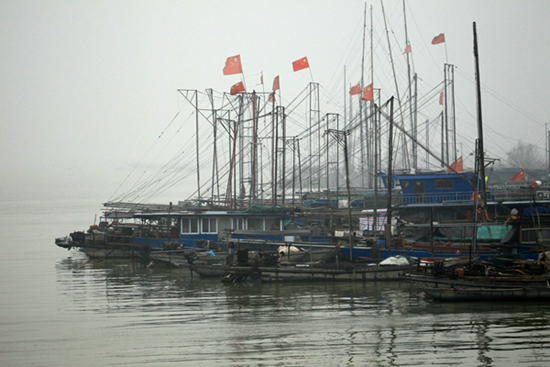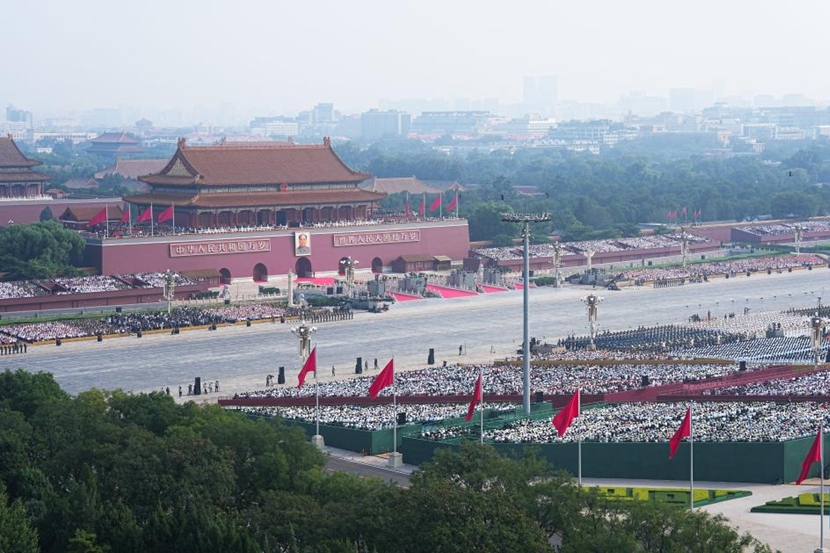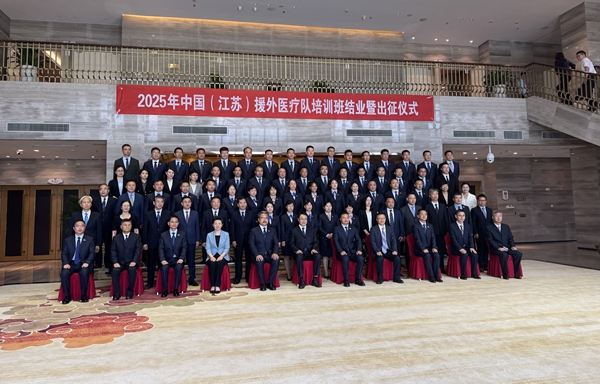
(CFP photo)
China has enacted a 10-year fishing ban from January 1 on key areas of the Yangtze River to protect biodiversity in the country's longest river, according to the Ministry of Agriculture and Rural Affairs.
Jiangsu provincial government issued a notice on July 3 to declare the decade long fishing ban on the Jiangsu section of the Yangtze River, key tributaries of the Chuhe River, Shuiyang River and Qinhuai River as well as Shijiu Lake and other lakes linked with the Yangtze River.
During the period, fishing will be completely banned and the waterway areas will be cleared of boats, fishing nets before January 1, 2021.
During the Yangtze River’s fishing ban this year, the province’s law enforcement agencies at all levels have carried out 1,000 times of routine patrols and special operations, sent more than 7,300 law enforcement officers and 1,200 vessels, investigated and dealt with over 200 cases of illegal activities, and confiscated over 700 kilograms of fish.
Guo Zhenxiang, from a fishing family for generations in Xudong New Village of Changshu City, directly witnessed the depleted fishery resources and rigorous development of fishing ban. He said it was very easy to get about 3 kilograms of shrimp in the tide during the 1990s but fisherman now hardly caught any fish in one boat tour.
Over the years, Jiangsu authorities have been looking for ways to properly help fishermen in areas along rivers and lakes to transform and adapt to the new realities.
Xu Pao, director of the Freshwater Fisheries Research Center of the Chinese Academy of Fisheries Sciences, said local fishermen used to live on boats but they found it hard to find a job when resettled on the land because of lack of education.
In order to help them to adapt to the new environment and change jobs, local authorities organized experienced fishermen to establish teams for the fishery patrol and aquatic animal rescue. Through this way of employment transfer and resettlement, they are able to participate in the patrolling and research missions of the Yangtze River.
Xu, also one of the five experts who proposed the ten-year fishing ban policy, said the country’s longest waterway was trapped in such a vicious circle of "less fishery resources, worsening over-fishing, and poorer fishermen” that the river was to the point of running out of fish, from the perspective of the fish-based index of biological integrity.
The 10-year fishing ban will help high-quality wild fish in the river to reproduce and improve the fishery population, providing a solution to the challenge of the decrease in genetic diversity from the freshwater fish farming.
"The ban on fishing in the Yangtze River will promote the sustainable use of fishery resources in the river," said Xu.
Data showed the number of fish species in the Jiangsu section of the Yangtze River increased from 48 to 79 after fishing ban was introduced in the river’s protected areas in 2017.
Zhang Jianjun, deputy director of the Jiangsu Department of Agriculture and Rural Affairs, also said it’s necessary to establish a holistic monitoring and assessment system to cover the whole fishery resources in the river’s Jiangsu section, formulate protocols and standards for fish species of different purposes, and further safeguard the effect of the ban on fishing.




















